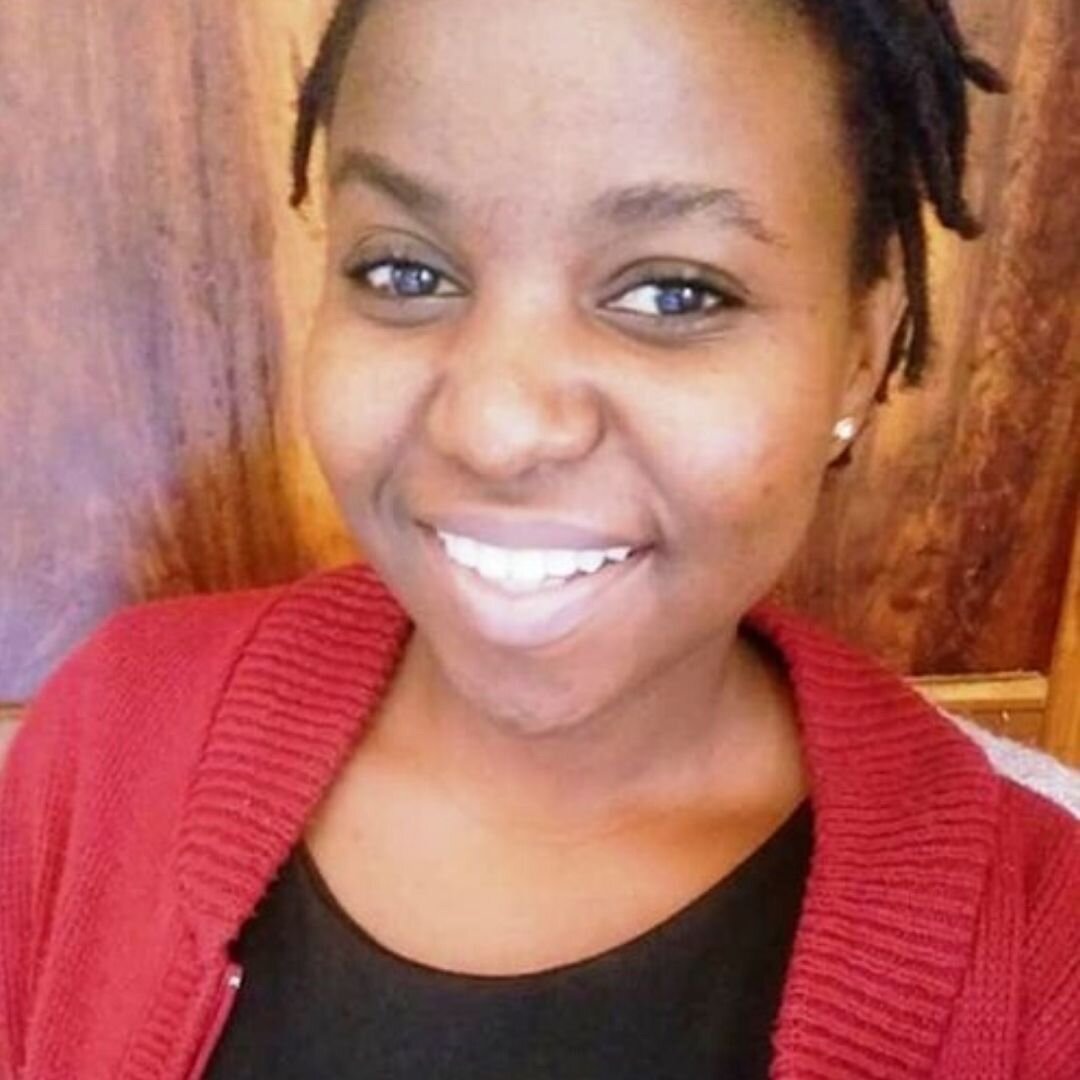My name is Kapwani Kavenuke, but I’m more commonly known as Jasmine. I am 21 years old and have currently finished a Diploma in Law at St. Augustine University, Tanzania and am looking forward to commencing a bachelor’s law degree in November 2018.
What inspired you to volunteer with Cedar Tanzania?
After hearing about what Cedar Tanzania is all about from a friend, I was inspired to volunteer with them because I wanted to be a part of such a good cause. The passion that Cedar Tanzania shows towards achieving their goals in helping out the citizens of Kamanga, is absolutely inspiring and I just thought it would be nice to think about other people other than oneself for a while!
What is your role at Cedar Tanzania?
I am volunteering as an assistant project manager; this means I help out in a few projects, for example in the Clean Kamanga project. Right now I am helping out with the planning of Global Hand Washing day which will be on the 15th of October 2018.
How long is your volunteer placement?
I started volunteering with Cedar Tanzania in August 2018 and I shall be with them until the end of October 2018.
What things have you found surprising?
One of the things that really surprised me is the lack of water stations in the village of Kamanga and the fact that around 30 children suffer from diarrhea every month. To me this is a clear indication for the need to help the community in the area of WASH and safe waste management, which hopefully the development of the Clean Kamanga Project will help towards addressing these issues.
What things have you enjoyed?
I have enjoyed a lot of things whilst volunteering with Cedar Tanzania. One of my highlights is getting onto the ferry to Kamanga. If it wasn’t for Cedar Tanzania I guess I would have never got onto the ferry. It was frightening at first but absolutely fun later on. Secondly, I enjoyed my tour of Kamanga village with field officer Abduli. I have enjoyed working with the rest of the Cedar Tanzania team too, they are really friendly and welcoming and ready to help whenever I’ve needed it.
What things have challenged you so far?
I have had some challenges but they were not anything that I couldn’t handle; mostly just trying to remember certain formalities and protocols in the village or in the office was a problem in the beginning, but I soon got used to the new procedures.
Would you recommend this volunteer scheme to others?
I would strongly recommend other people to volunteer with Cedar Tanzania because in my experience I have learnt a lot of things, seen a lot of things and life is all about learning. I have become more competent in skills I already had and I have developed new skills too.
What would you say to anyone who said that they could not volunteer because they didn’t have a skill to offer?
I would say that it shouldn’t really stop anyone from volunteering because when you are a volunteer you become open to any work that might come your way therefore at the end of the process you end up having more skills than you came with. I can say that you will gain much more than you think you will give; which is a win-win for everyone I think!




